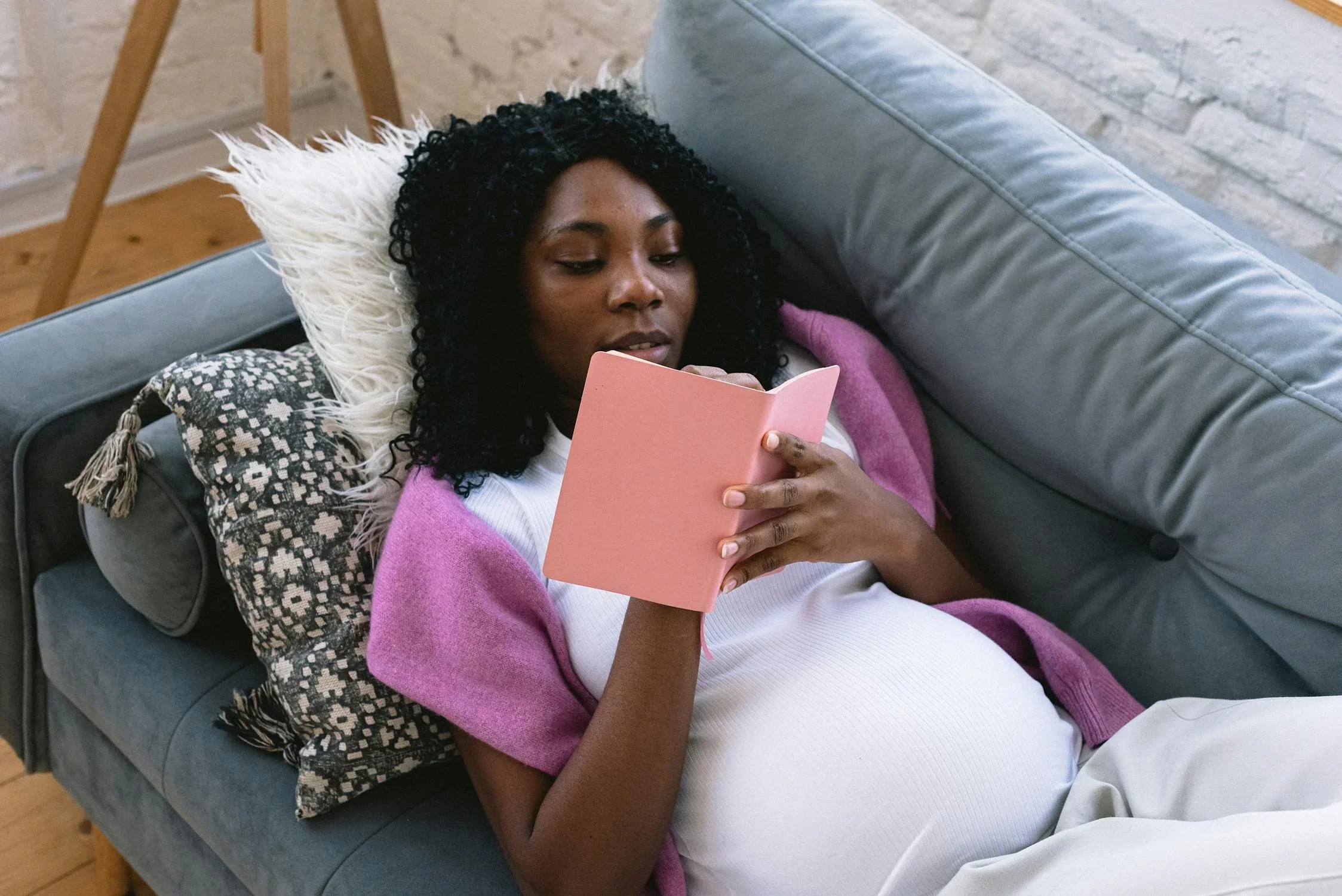Home
Pregnancy, Breastfeeding, and Pumping: The Ultimate Guide for Moms
How Do I Know When to Take a Pregnancy Test: A Comprehensive Guide

How Do I Know When to Take a Pregnancy Test: A Comprehensive Guide
Deciding when to take a pregnancy test can be a nerve-wracking experience. Whether you're hoping for a positive result or dreading it, timing is everything. This guide will walk you through the key factors to consider, ensuring you get the most accurate results possible.
Understanding the Basics of Pregnancy Tests
Pregnancy tests work by detecting the presence of human chorionic gonadotropin (hCG), a hormone produced during pregnancy. This hormone is present in your urine and blood shortly after the embryo attaches to the uterine lining. Most home pregnancy tests are designed to detect hCG in urine, but the accuracy of these tests depends largely on when you take them.
Signs and Symptoms of Early Pregnancy
Before rushing to take a test, it's essential to recognize the early signs of pregnancy. Common symptoms include missed periods, nausea, breast tenderness, fatigue, and frequent urination. However, these symptoms can also be caused by other factors, so they shouldn't be relied upon solely to determine if you're pregnant.
When to Take a Pregnancy Test
The best time to take a pregnancy test is after you've missed your period. This is typically around 14 days after ovulation. Taking the test too early can result in a false negative, as hCG levels may not be high enough to detect. If you have irregular periods, it might be more challenging to determine the right time, so consider waiting a few extra days or consulting a healthcare provider.
Factors Affecting Test Accuracy
Several factors can influence the accuracy of a pregnancy test. These include the sensitivity of the test, the time of day you take it, and how well you follow the instructions. For the most accurate results, take the test first thing in the morning when your urine is most concentrated. Additionally, make sure to read the instructions carefully and wait the recommended amount of time before checking the results.
What to Do After Taking a Pregnancy Test
If your test is positive, it's essential to confirm the result with a healthcare provider. They can perform a blood test, which is more sensitive and can detect lower levels of hCG. If the test is negative but you still suspect you might be pregnant, wait a few days and take another test. Sometimes, hCG levels take time to rise to detectable levels.
Knowing when to take a pregnancy test can save you from unnecessary stress and confusion. By understanding the signs of early pregnancy, the factors that affect test accuracy, and the best time to take the test, you can ensure you get the most reliable results. Whether you're hoping for a positive or negative outcome, being informed is your best tool in this journey.
Share
